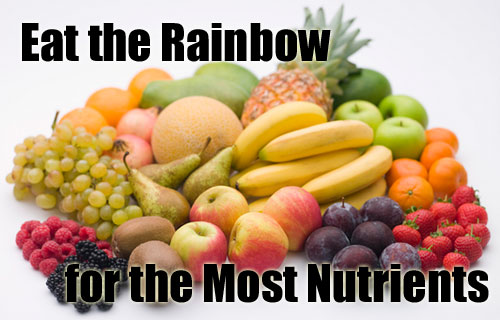Chronic inflammation in the body has been linked to cardiovascular disease, cancer, Alzheimer’s disease other ailments. Chronic inflammation can be caused by a number of things. For instance, environmental toxins, stress and lack of exercise.
Naturopathic Physician Melissa Gallagher talks about natural anti-inflammatory foods that you can incorporate into your diet to reduce this low-grade inflammation in the body. Some of her top recommendations include fermented foods, steamed broccoli, soaked walnuts, hemp oil and fresh pineapple.
According to Dr Weil, diet can also play a role. Rather than wait until the damage is done to start treating the problem, many doctors recommend an anti-inflammatory diet. In other words, a non-inflammatory diet may prevent health problems from developing.
The main concept is to consume a wide variety of fresh, non-processed foods. For example, eat fresh fruits and vegetables, which contain phytonutrients. in addition, select produce of varying colors and look for organic options when possible.

An article in Harvard Health Publications also lists several foods to incorporate into our diets. In particular, tomatoes, olive oil, green leafy vegetables (ie spinach and kale), fruit, nuts (ie. almonds and walnuts) and fatty fish (ie. salmon, mackerel, tuna, sardines). Also see top quercetin foods.
Dr Axe also provides a list of the Top 15 Anti-Inflammatory Foods.
Foods that Reduce Inflammation:
- Green Leafy Vegetables
- Bok Choy
- Celery
- Beets
- Broccoli
- Blueberries
- Pineapple
- Salmon
- Bone broth
- Walnuts
- Coconut oil
- Chia seeds
- Flax seeds
- Turmeric
- Ginger
Inflammatory Foods to Avoid:
 We want to consume foods that also reduce inflammation. However, it’s also a good idea to reduce our consumption of ingredients and foods that cause inflammation in the first place.
We want to consume foods that also reduce inflammation. However, it’s also a good idea to reduce our consumption of ingredients and foods that cause inflammation in the first place.
The Arthritis Foundation shares a list of ingredients to watch out for. For instance, sugar, trans fats, omega 6 fatty acids, refined carbohydrates, MSG, gluten, alcohol and aspartame.
According to the study, “Effects of Flavonoids and other Polyphenols on Inflammation” in Critical Reviews in Food Science and Nutrition, flavonoids have potential therapeutic application for several conditions. For example, asthma, arthritis and atherosclerosis.
PubMed reports that in addition to acting as an anti-inflammatory, flavonoids also help regulate hormones. In addition, they have “antimicrobial, antiviral, anti-ulcerogenic, cytotoxic, anti-neoplastic, mutagenic, antioxidant, antihepatotoxic, antihypertensive, hypolipidemic and antiplatelet” properties. Talk about quercetin having health benefits!
